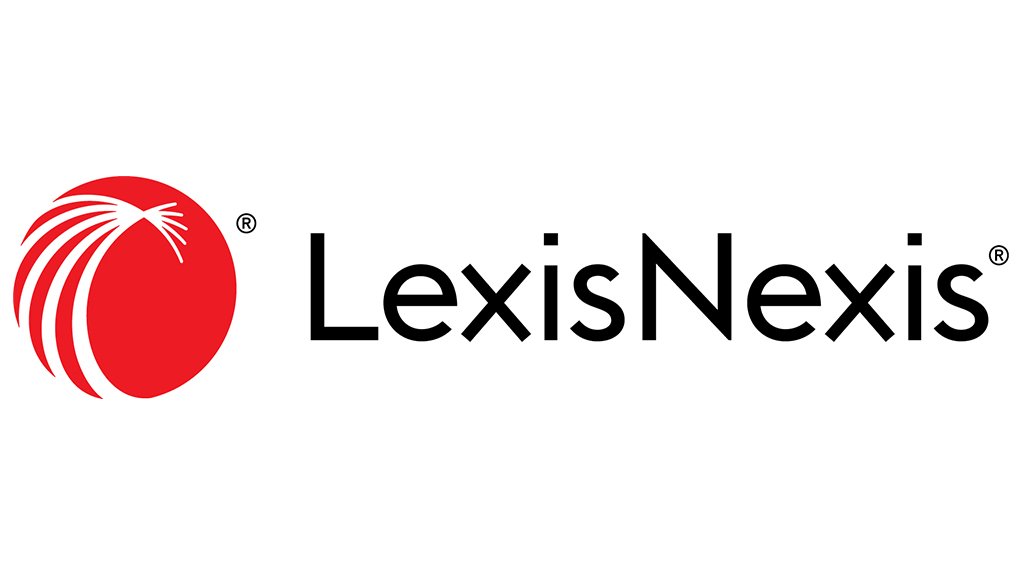Whether proactive or reactive, due diligence comes at a cost. The growing risk of fraud, money laundering, terrorist financing, extremism, counterfeiting, political risk and other criminal activities, means that the need for enhanced efforts is more imperative than ever, even in tough economic times. Today, when companies are looking to minimise expenditure – it is technology and innovation that can best serve to achieve optimum results at a fraction of the cost.
“The use of technology in due diligence is a simple and effective way to minimise risk, increase productivity and improve user experience as opposed to working with expensive consultants,” according to Rudi Kruger, General Manager at LexisNexis Data Services.
“In addition to saving money, the results from these enhancements has a direct effect on the business as it increases business efficiency, reduces financial risk, provides ongoing regulatory compliance support and subsequently, ensures reputation protection,” he added.
Due Diligence requires research into vast sets of information. Local and international legislation and other associated market drivers require organisations to conduct background checks on companies and individuals. When looking into company information and business structures, there are approximately 150 comprehensive databases to look through. Global news archives include thousands of news sources, dating back many years.
Potential business associations must also be screened against sanctions, PEPs and watch lists including records from the United Nations, Office of Foreign Assets Control (OFAC), Her Majesty's Treasury, FBI and over 800 000 politically exposed persons. Legal searches including looking into data from the United Kingdom, Europe, United States of America and Asia.
“This is an incredible amount of data to process if it weren’t for the great technological advancements and support of technology, which helps save money by quickly and effectively filtering the vast amount of information to a level that is easy to grasp.”
Using the right technology means that professionals on the receiving end of research findings are better equipped to identify risks, challenges and potentially harmful information, Kruger explained.
“Tools can be all inclusive or deliver part of the due diligence based on your organisational need. Some tools are designed to complete only the initial KYC process such as identity and address verification, where other solutions are designed to conduct due diligence, investigations and provide alerts,” he said.
“Whichever tool suits your business needs, make sure that it is fast, intuitive, cost effective and doesn’t require any additional IT investment or training to get the most out of it.”
EMAIL THIS ARTICLE SAVE THIS ARTICLE ARTICLE ENQUIRY
To subscribe email subscriptions@creamermedia.co.za or click here
To advertise email advertising@creamermedia.co.za or click here











